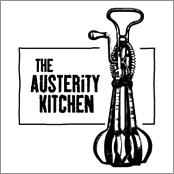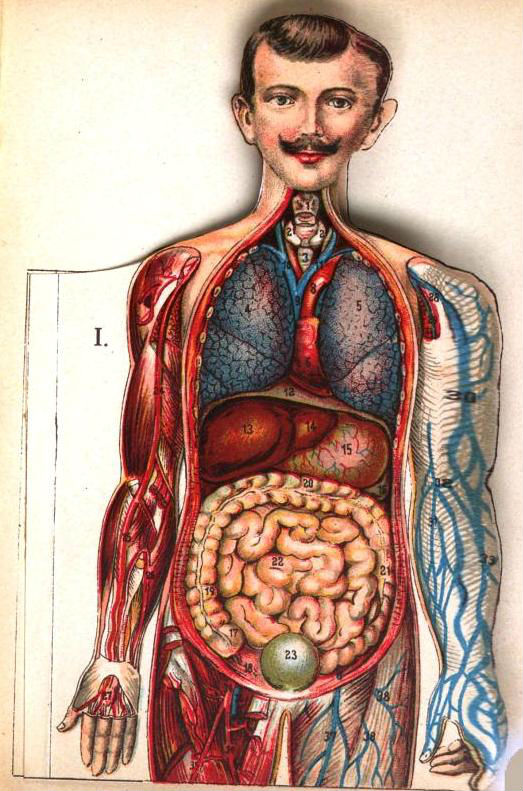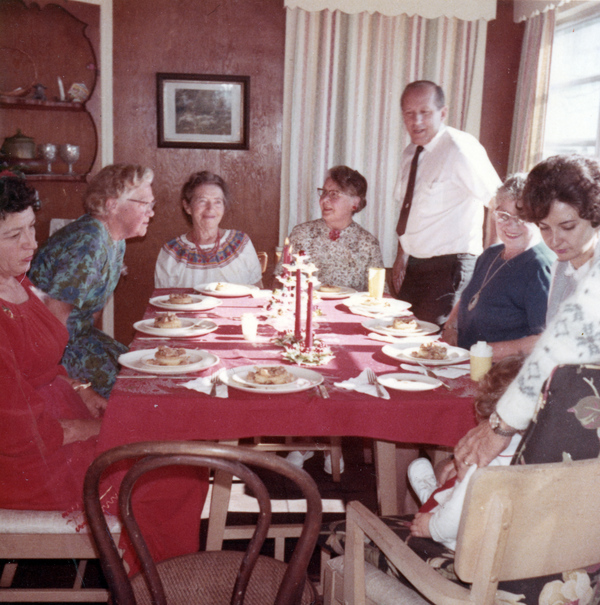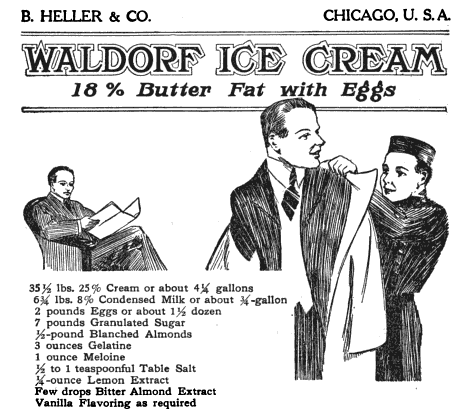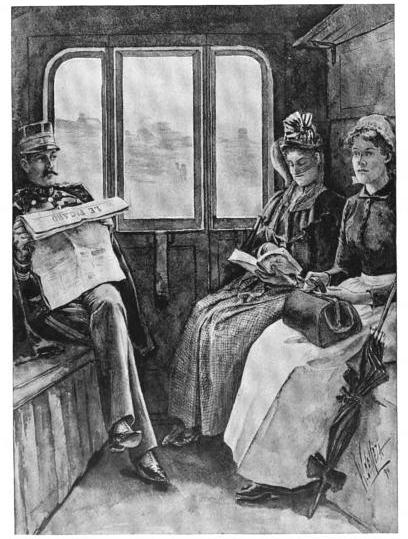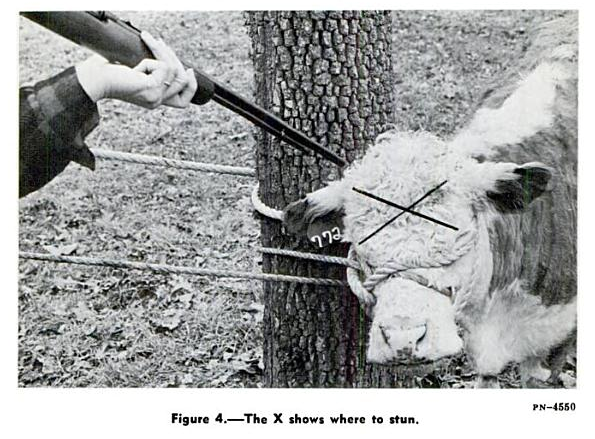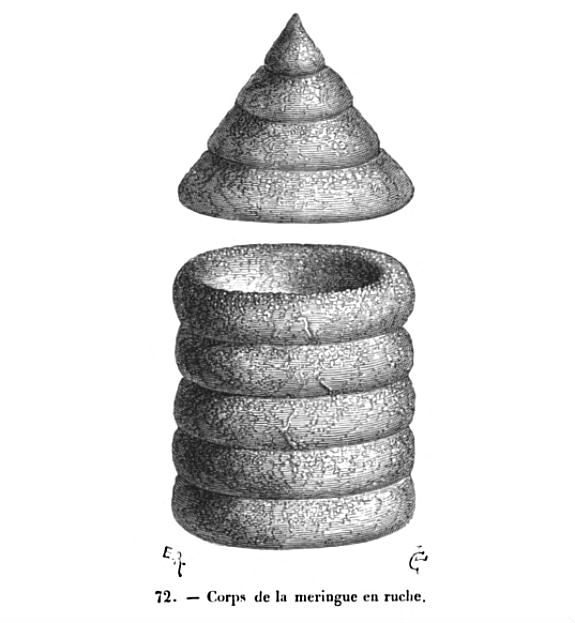Cooperative Kitchens of Yesteryear
Socialism in one country may be a difficult undertaking, but socialism in many American country towns was as easy as pie -- and just as appetizing

Socialism in one country may be a difficult undertaking, but socialism in many American country towns was as easy as pie — and just as appetizing My schedule having become busier, making dinner is now a chore. Before, I’d found a certain serenity in chopping carrots and slicing tomatoes after a day of brainwork. Now, vegetables oppress me, especially as my CSA share has been unusually full of late. Against them I mobilize food processor and pressure cooker. Yet these implements must be hauled from the cupboard, assembled, disassembled, and cleaned. Then there’s the cooking, eating, and cleaning up. (more…) Read More...
